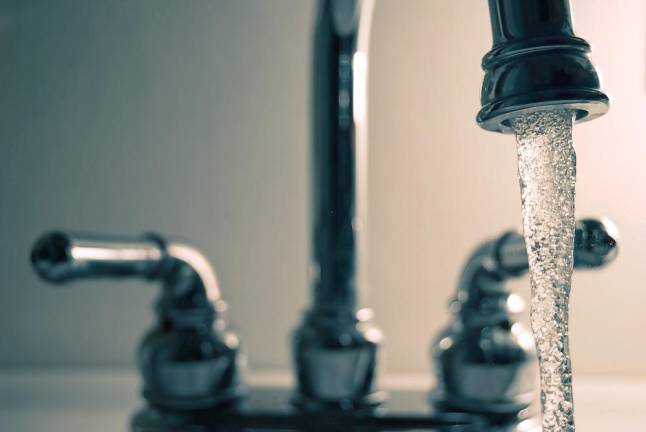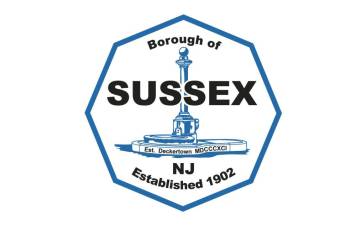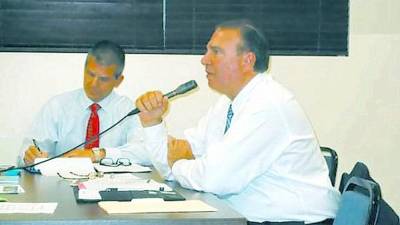Borough Council passes rate increase for water, sewer utilities
SUSSEX BOROUGH. A 0% increase has the utility operating at a deficit of about $37,000 in 2024.

The Sussex Borough Council on September 6 introduced an ordinance to increase the rate of customers’ annual water and sewer utility services by 3%, starting in the first quarter of 2023, to prevent the utility from running out of money.
The measure passed 4-1, with Councilman Frank Dykstra voting against it. Councilman Nick Holowach was absent.
The Borough website lists current water fees at $0.0119 per gallon, with a $168.23 minimum per “equivalent dwelling unit (EDU),” and sewer fees at $0.0107 per gallon, with a $150.43 minimum per EDU.
According to Chief Financial Officer Michel Marceau, with a 3% increase, the utility will not operate at a deficit and could replenish the utility’s fund balance to $162,000 by 2026. The council also had the option to increase by 4%, which would have restored the fund balance to $225,000 by 2026.
A 0% increase would have had the utility operating at a deficit of about $37,000 in 2024, which would have had to be made up by using the fund balance. A 2% increase would not have had the utility operating at a deficit, but the fund balance would have been wiped out by 2025. (A full breakdown of the effect of certain rate increases on the fund balance can be found on the Sussex Borough government website.)
The utility also has $8.8 million and debt, and since December the Borough Council has approved $1.7 million in debt to tackle mandated projects. The borough has received an administrative consent order and an administrative order from the Dept. of Environmental Protection to undertake certain projects.
“Nobody wants to raise the rates just like we don’t want to pay $5 per gallon at the gas pump,” Mayor Edward Meyer said. “But at a certain point, it becomes a question of is there any other option on what we can do here? Sometimes if you don’t have the money, you don’t do a project unless it’s an emergency, or mandated.”
Councilman Dykstra said the council is charting “scary territory” with the proposed rate increase.
Marceau said the utility is doing well with collection, but its biggest problem is inflation and increased debt service.
“We can collect 100%, but if our collections don’t support increases in costs, then it doesn’t really do us any good,” Marceau said.
Fronheiser said the utility needs a yearly 2% increase.
“Minimally, I would agree with that,” he said. “That didn’t happen for three years, and that’s 6% right there.”

